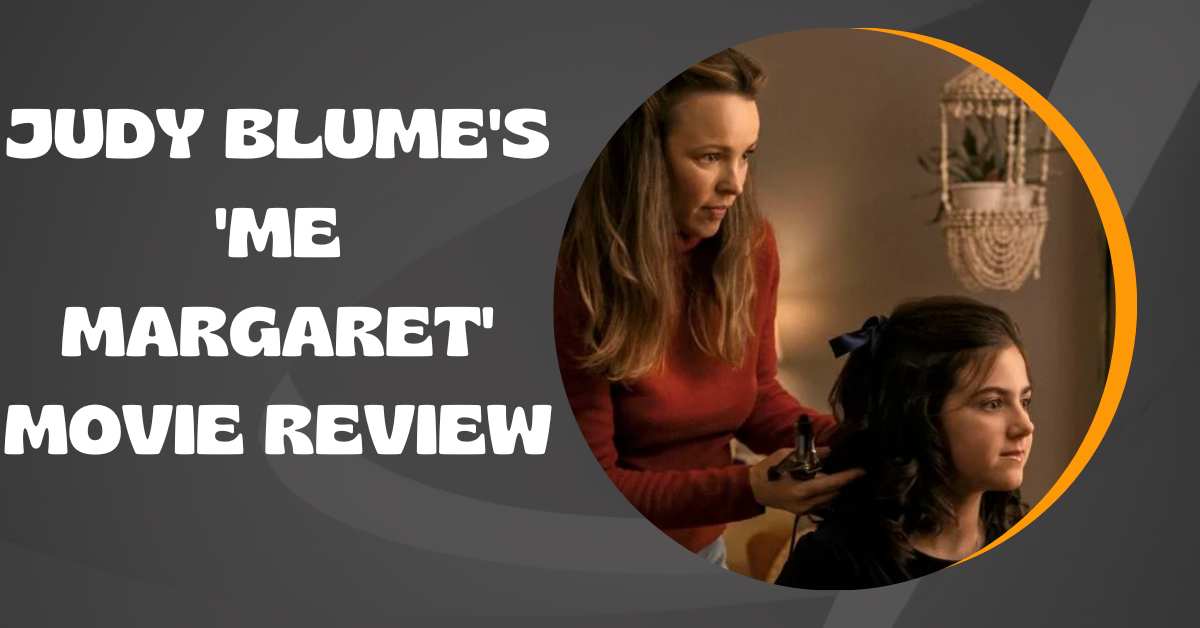“Me, Margaret,” Judy Blume’s famous coming-of-age book, has finally been made into a much-anticipated movie. Readers of all ages have been able to relate to Margaret’s experiences as she grows up, from making friends to falling in love and everything in between.
Now, Margaret’s story can be seen and heard in a whole new way, thanks to a skilled cast and crew. In this review, we’ll look at how “Me, Margaret” goes from the page to the screen and see if it stays true to the book’s heart and spirit.
Judy Blume’s ‘Me Margaret’ Movie Review
Judy Blume‘s prominent return is appropriate given the recent rise in book bans nationally. The 85-year-old novelist has had several of her books removed from school libraries, starting with her 1970 masterpiece, Are You There God? I’m Margaret.
The book’s candid depiction of an adolescent girl’s inner existence made it a bestseller and a touchstone. Kelly Fremon Craig’s film adaptation, more than 50 years later, retains its warmth, comedy, and sarcastic insight. The movie’s strongest feature is that it doesn’t adapt Blume’s novel to the present day, perhaps anticipating that social media would change the tale.
In the 1970s, Abby Ryder Fortson’s Margaret Simon returns from summer camp to discover that she and her parents are relocating from their cozy, messy New York City apartment to a suburban New Jersey property.
Margaret’s new neighbor, Elle Graham’s Nancy, a sixth grader, befriends her. Nancy, a pushy know-it-all, immediately invites Margaret to her secret girls’ club, where she questions them about their periods and undergarments. In a cute moment, Margaret and her mum go bra shopping. Later, Nancy provides her and the other girls with bust-boosting advice.
Margaret prays every day and night with a worried “Are you there God?” to speed up the process. I’m Margaret.” Her body worries make her curious about her soul. Margaret was raised without a religion, as the movie shows: Her parents, Herb (Benny Safdie) and Barbara (Rachel McAdams), are Jewish and Christian, respectively.
Since their marriage created family drama years ago, they’ve kept religion out of the house. Tensions remain: Margaret is close to her Jewish grandmother, played by a scene-stealing Kathy Bates, but she has never seen her maternal grandparents, who cut off communication with her mom after she married.
That long-standing divide sets the setting for enormous emotional reckonings in the third act, which the movie plays for laughter and poignancy. Fremon Craig’s entertaining coming-of-age film The Edge of Seventeen demonstrated her ability to draw humor and emotion from her characters. Her cast includes newbie Fortson, who shows Margaret’s kindness and ruthlessness.
Barbara, Margaret’s mother, is the film’s standout. McAdams’ portrayal as a caring, protective mother to a teenage girl struggling with peer pressure is especially heartbreaking for those of us who still love her as Regina George in Mean Girls. Barbara’s struggles—she’s an artist who gave up a rewarding teaching profession in New York to be a stay-at-home suburban mom—are no less dramatic than her daughter’s. McAdams shines as a woman balancing power and bohemian.
Blume’s book advocated for children’s freedom to choose their own religion. The film honors that conviction: Margaret doesn’t join a church or synagogue but has her own epiphany. She discovers that puberty can occur at any age, but maturity usually follows. She learns that everyone, from the unpopular kid to Nancy, deserves kindness. Is God There? It’s Me, Margaret. doesn’t have all the answers, but this awkward preteen finds grace towards the end.
